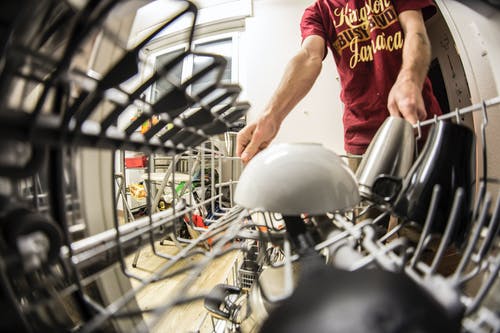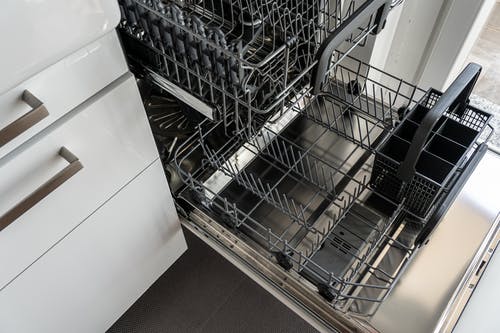BASF and others in the Cascade supply chain are emitting cancer-causing chemicals.
The U.S. Environmental Protection Agency (EPA) has shared that it hopes to minimize the number of people exposed to emissions that increase cancer risk above “1 in 1 million.” In other words, during the course of a person’s lifetime (around 70 years), the EPA presumes there will be one exposure to cancer-causing chemicals per one million people that results in the development of the disease. However, a recent ProPublica assessment found that the EPA allows the German-owned company, BASF, to operate two dozen plants nationwide, which would expose an estimated “1.5 million” people to cancer risk “greater than 1 in 1 million.” The analysis focused on the supply chain for Cascade detergent.
“The EPA rules also say that plants should never expose people to an additional lifetime cancer risk that exceeds 1 in 10,000. Yet an estimated 2,800 people who live near BASF plants around the country face risks at least that high because of the company’s emissions,” according to the analysis. BASF is the largest chemical producer in the world. It is responsible for the ingredients that lift dirt stains from clothes and those that clean dishes. It is pivotal in the product of Cascade detergent.

The analysis took a look at BAFS and all of the players in the Cascade detergent supply chain to determine the environmental impact for which all of these companies are potentially responsible. Data from 2014 to 2018 was examined, which included corporate filings, public records requests and firsthand interviews. The results indicated that there is an elevated cancer risk for an estimated nearly “1 million people in multiple communities across the South.”
Inside BASF’s plant, ethane, a colorless, odorless gas flows into a structure called a “cracker,” where it moves through a tube, diluted with steam and is pushed through a furnace heated to around 1,500 degrees. Heat “cracks” the bonds of each ethane molecule, producing ethylene, a raw material used for a variety of products, including plastics, PVC pipes, foam insulation and synthetic rubber, antifreeze and airplane wings, among others. The cracking process emits benzene, a carcinogen linked to leukemia.
“BASF’s footprint of cancer-causing air pollution is larger than that of any other foreign-owned company in the U.S. and is the fourth-largest toxic footprint among all companies operating in this country,” ProPublica’s analysis found.
Instead of requiring chemical plant operators like BASF to monitor benzene emissions like the German plants do, federal and state environmental agencies in the U.S. take chemical plant operators at their word that they would not emit more benzene than their permits allowed. The EPA also allows engineers employed by the companies to help develop rules for emissions.
Carroll Muffett, president and CEO of the Center for International Environmental Law, says, “American environmental rules have been out of step with the science of human health for decades.”
Bob Nelson, a spokesperson for BASF, responded to the analysis that the “safety and well-being of employees, contractors, neighbors, and their families is the foundation of all we do.” Maytal Levi, spokesperson for Procter & Gamble, part of the Cascade supply chain, said the company “expects its suppliers and business partners to uphold high standards that include consideration for the health and wellbeing of the communities where they operate.”
Sources:
The Dirty Secret of America’s Clean Dishes
Louisiana chemical corridor is the country’s largest hot spot for toxic air, cancer risk


Join the conversation!